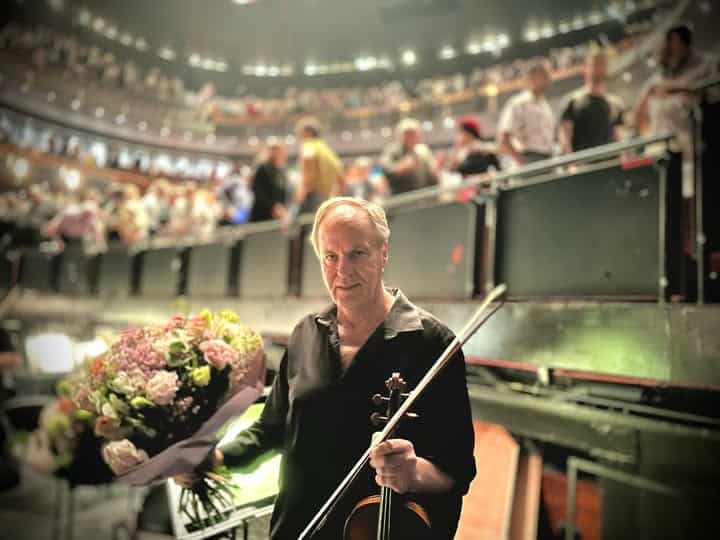Jonas Kaufmann’s new record is a stonking…
main… disaster.
Or, as I put it in the Lebrecht Album of the Week:
This is one of those treasurable major-label releases, made with the best of intentions, in which everything turns out wrong.
Read the full review here.
And here.

And here.





Comments